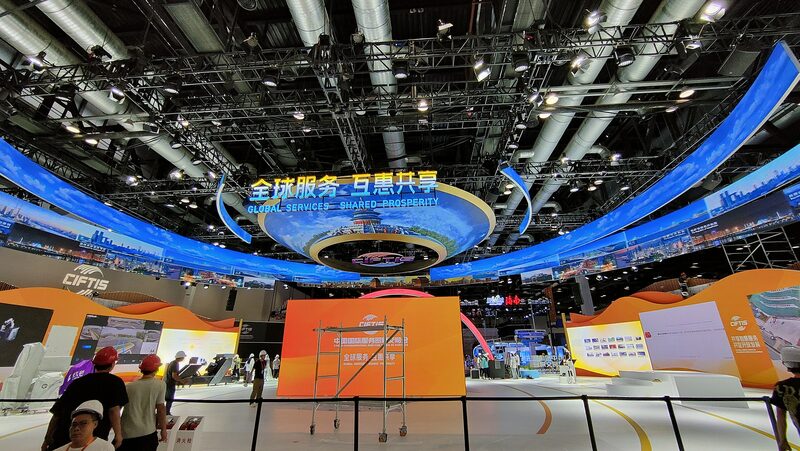In a rapidly evolving global economy, trade in services has emerged as the most dynamic segment, outpacing the growth of trade in goods. Sung Hwan Cho, president of the International Organization for Standardization (ISO), highlighted this trend during his speech at the 2024 China International Fair for Trade in Services in Beijing.
Cho emphasized that developing countries and transition economies have become pivotal players in the services sector, significantly increasing their share of global trade. This surge underscores the necessity for robust international standards to ensure consistent quality, build consumer trust, and establish good practices across diverse markets.
As the services sector continues to expand, policymakers are tasked with evaluating the adequacy of existing trade rules and identifying new risks that may require targeted regulation. International standards, Cho noted, are essential tools in this effort. They provide a common framework and language, reducing trade barriers by harmonizing regulatory requirements and facilitating mutual recognition among nations.
ISO, with its network of 172 member organizations, plays a crucial role in developing these standards. By collaborating with a wide range of stakeholders, ISO sets benchmarks that promote reliability, safety, and quality, thereby simplifying decision-making processes and fostering global trade. This collaborative approach not only drives economic growth but also delivers environmental and social benefits.
Cho provided examples of ISO standards enabling trade in services, highlighting their alignment with the General Agreement on Trade in Services (GATS). As the first multilateral trade agreement covering services, GATS applies to the 162 WTO members, aiding in the progressive liberalization of service sectors. With ongoing negotiations, ISO standards offer an interim solution by ensuring that new service regulations do not create unnecessary trade barriers, thus supporting international trade objectives.
China's active role in advancing service sectors through standardization was also showcased. Chinese stakeholders have significantly contributed to the ISO Technical Committee on Tourism and Related Services, developing standards for areas such as tourist information services and online travel agencies. This collaboration between trade development and standards cooperation underscores the vital synergy needed for sustainable growth.
Cho concluded by urging all stakeholders in global trade in services to prioritize ISO standards in their strategies. By doing so, they can contribute to a more sustainable and prosperous future for the global economy.
Reference(s):
Development of trade in services calls for international standards
cgtn.com




